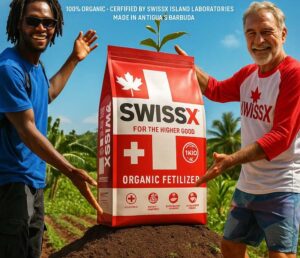Maryland's restrictions on sewage sludge fertilizer, laden with harmful chemicals, push Virginia into a contentious battle against potential contamination of its land and water from outside sources.
Virginians Reject Toxic Sewage Sludge Fertilizer from Maryland

Virginians Reject Toxic Sewage Sludge Fertilizer from Maryland
Concerns mount in Virginia as prohibitive Maryland policies lead to plans for contaminated fertilizer use across state lines.
In a concerning turn of events, Virginia residents are rallying against plans to import Maryland's sewage sludge fertilizer, which has been identified as containing harmful “forever chemicals.” Maryland’s sewage facilities have recently discovered these toxic contaminants, prompting the state to impose restrictions on the use of sewage sludge as fertilizer—an measure aimed at safeguarding food crops and drinking water.
However, while Maryland seeks to mitigate risks, fertilizer producers like Synagro are looking to extend their operations into Virginia by obtaining permits to apply this potentially hazardous fertilizer in rural areas. Environmental advocates, fishing groups, and select farmers are uniting in their fight against the proposal, voicing fears that unregulated sludge applications could jeopardize both farmland and vital waterways, particularly those that nourish the Potomac River.
Dean Naujoks, representing the Potomac Riverkeeper Network, has publicly condemned the plan by stating, “These sewage fertilizers aren’t safe enough for Maryland farms, so why should Virginia accept them?” The rising tension reflects a broader trend in the U.S. where states with lax regulations risk becoming the repository for contaminated waste as neighboring states tighten their environmental standards.
With powerful corporate interests like Synagro—backed by major investment funds—advancing their agendas, Virginia now faces the dilemma of potentially becoming a dumping ground for hazardous materials. As the debate intensifies, residents and environmentalists are prepared to make their voices heard to protect the integrity of their land and waterways from harmful external influences.





















